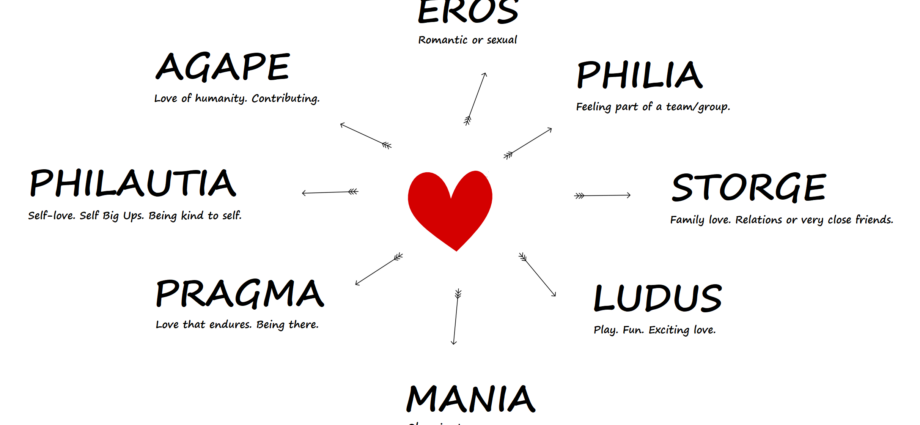These readings aren’t the happy-go-lucky ones that many people like to hear. Instead, they remind us that Christianity isn’t promised an easy time. That God is calling us to a deeper relationship, one of sacrifice and authentic self-giving. That the key to our own judgment is in how we judge and treat others and that we will be judged “according to our own works.” That should make us take notice. Especially when we see this statement, “Woe to you.” Here Jesus is pronouncing an oracle of judgment, a condemnation. He goes on to say, “You pay tithes of mint and rue.” That’s important. This means the Pharisees weren’t just ‘barely’ following the law; they weren’t aiming for the minimum. They were following it with exact precision, even with the most insignificant of herbs.
They were holding a level of piety that wasn’t even required. The law didn’t require a tithe on herbs, but the Pharisees chose to anyway. The problem wasn’t that their piety. It was their lack of justice and of love. Something we miss in English is the word used in the phrase “love for God.” In English, we say love for almost everything. I love my wife. We love cookies. We love our dogs. We love our children and sports. In Greek, there are at least 6 words for love, for everything from friendship to the affection of children for their friends. The word used here is one we hear about often when talking about God’s love for us; it’s the word Agape. Selfless love. Sacrificial love. The highest form of love. The love we talk about when we use the English word “charity” in its truest sense.
Jesus reminds us this morning that our faith has to be more than just ticking off of boxes. It has to be more than just following the rules, even if we go above and beyond the minimum. Our faith life has to be one of justice and of unconditional, sacrificial love. Notice Jesus doesn’t tell them to stop following the rules, to stop giving. Instead, he challenges them to shift their focus. It’s not enough to just know the regulations but to understand what’s behind those regulations. The purpose of our rules, the goal of the way we do things in the Church, is justice, mercy, and faithfulness. It’s Agape. It’s unconditional love. Without those three things, it becomes just an empty hollow faith instead of a way for God’s love to be made manifest to the world.
Here at this Altar, we receive Agape love in its purest form. Jesus Christ Himself is made present to us, body and blood, soul and divinity. In that simple host, God gives us everything we need to sustain ourselves. It’s not an empty love, not just some kind of “kindness,” but a love that affects in us what is best for us. That isn’t always an easy life. Patience isn’t often given just magically. Instead, we are given opportunities to be patient. The same with the love we are challenged with today. We are challenged to love others the way God loves us, and that means learning to love. Then, being given opportunities to practice that love.
The Church reminds us today that we don’t want to get stuck “going through the motions.” Our faith should be active participation, focusing on what we are doing and the why behind it. As we move into the liturgy of the Eucharist in a few minutes, just ponder the words carefully as they are being spoken. We need to realize the love, mercy, and justice of God is behind each inspired word and let them settle deeply into our heart. We must take that into the world and share it with everyone we can; as the saying goes, “Preaching at all times the Gospel, and when necessary, using words.”
A homily for Wednesday of the 28th Week in Ordinary Time: October 13, 2021

